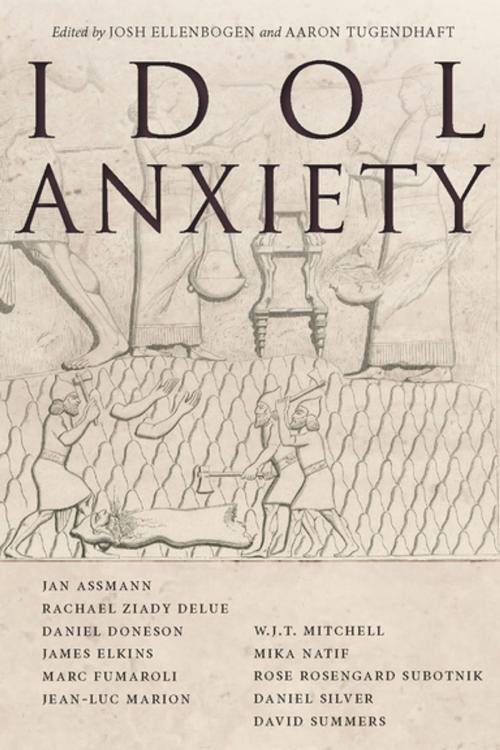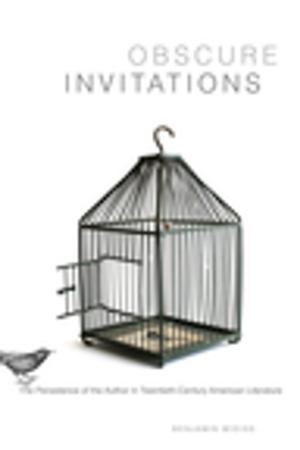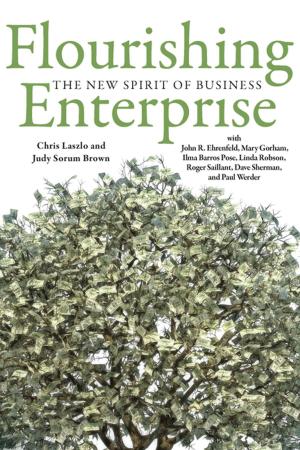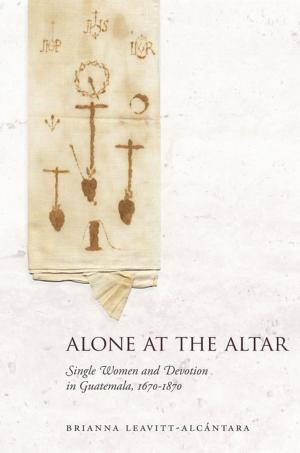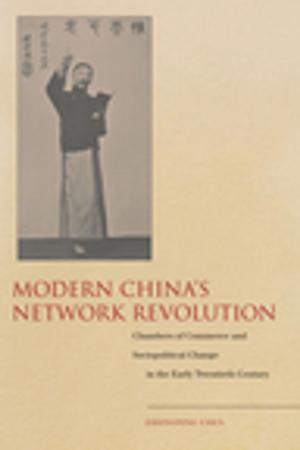Idol Anxiety
Nonfiction, Religion & Spirituality, Reference, Comparative Religion, Social & Cultural Studies, Social Science, Anthropology| Author: | ISBN: | 9780804781817 | |
| Publisher: | Stanford University Press | Publication: | July 18, 2011 |
| Imprint: | Stanford University Press | Language: | English |
| Author: | |
| ISBN: | 9780804781817 |
| Publisher: | Stanford University Press |
| Publication: | July 18, 2011 |
| Imprint: | Stanford University Press |
| Language: | English |
This interdisciplinary collection of essays addresses idolatry, a contested issue that has given rise to both religious accusations and heated scholarly disputes. Idol Anxiety brings together insightful new statements from scholars in religious studies, art history, philosophy, and musicology to show that idolatry is a concept that can be helpful in articulating the ways in which human beings interact with and conceive of the things around them. It includes both case studies that provide examples of how the concept of idolatry can be used to study material objects and more theoretical interventions. Among the book's highlights are a foundational treatment of the second commandment by Jan Assmann; an essay by W.J.T. Mitchell on Nicolas Poussin that will be a model for future discussions of art objects; a groundbreaking consideration of the Islamic ban on images by Mika Natif; and a lucid description by Jean-Luc Marion of his cutting-edge phenomenology of the visible.
This interdisciplinary collection of essays addresses idolatry, a contested issue that has given rise to both religious accusations and heated scholarly disputes. Idol Anxiety brings together insightful new statements from scholars in religious studies, art history, philosophy, and musicology to show that idolatry is a concept that can be helpful in articulating the ways in which human beings interact with and conceive of the things around them. It includes both case studies that provide examples of how the concept of idolatry can be used to study material objects and more theoretical interventions. Among the book's highlights are a foundational treatment of the second commandment by Jan Assmann; an essay by W.J.T. Mitchell on Nicolas Poussin that will be a model for future discussions of art objects; a groundbreaking consideration of the Islamic ban on images by Mika Natif; and a lucid description by Jean-Luc Marion of his cutting-edge phenomenology of the visible.
